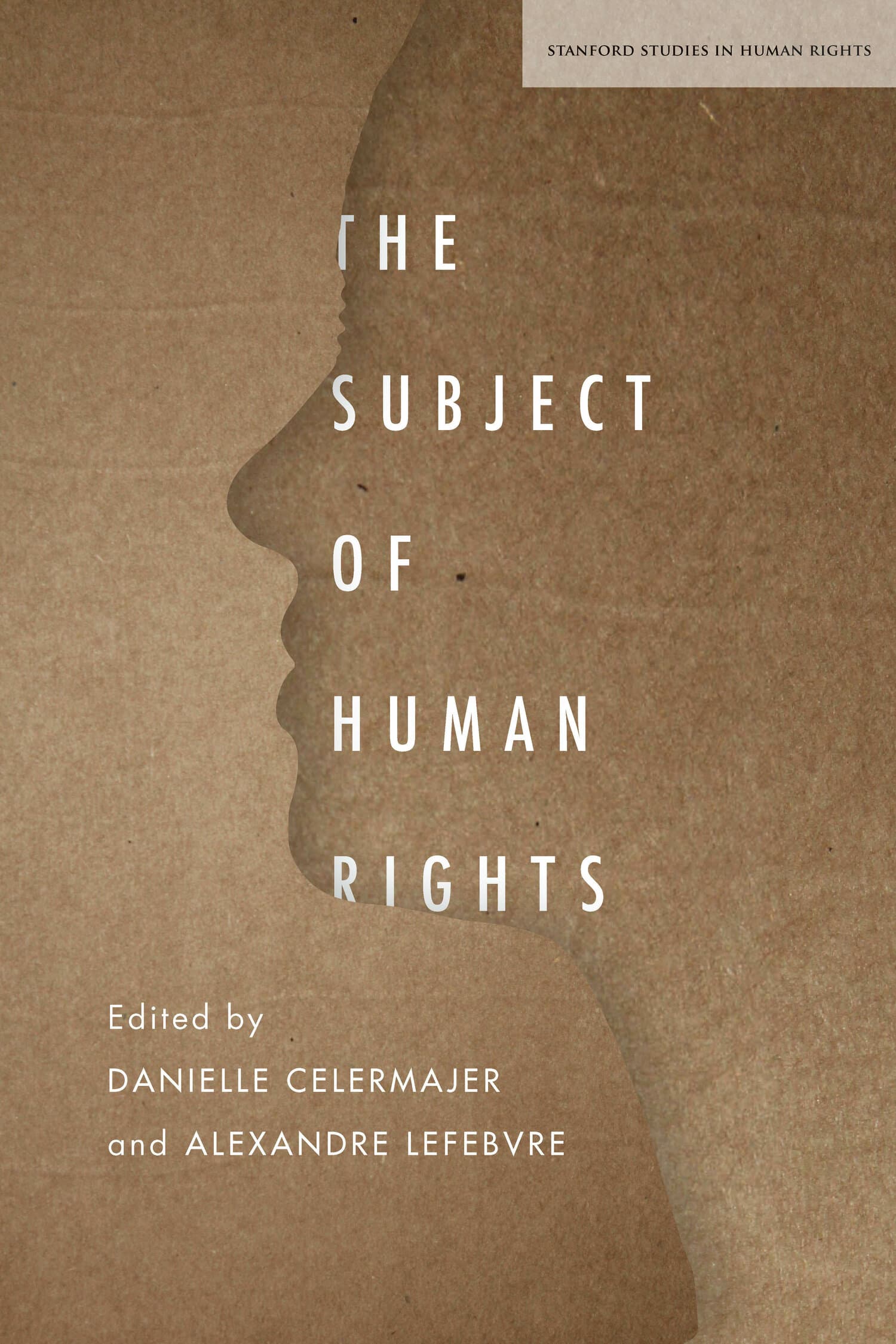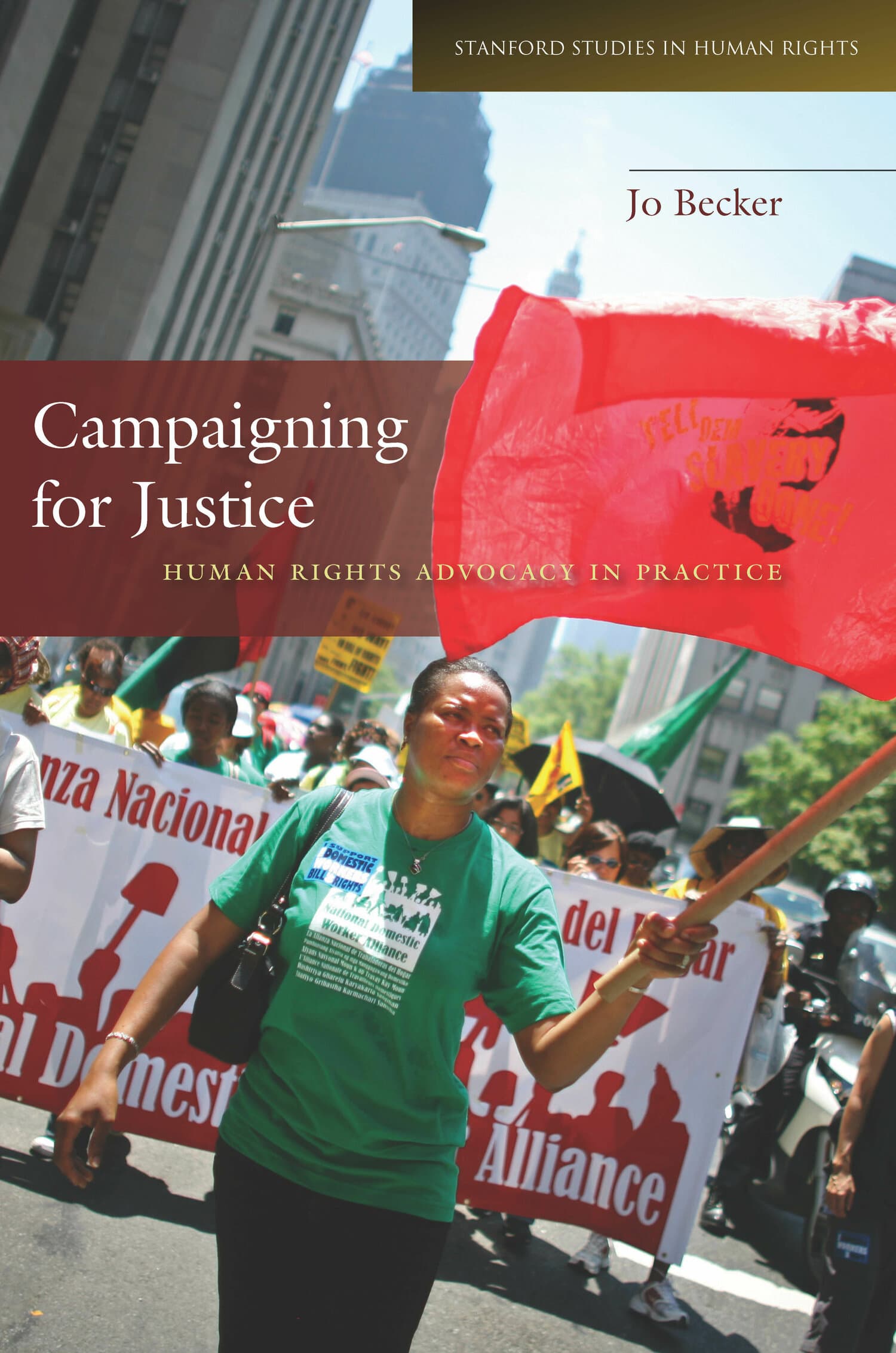Letters to the Contrary

This remarkable collection of letters reveals the debate over universal human rights. Prominent mid-twentieth-century intellectuals and leaders—including Gandhi, T.S. Eliot, W.H. Auden, Aldous Huxley, Jawaharlal Nehru, and Arnold Schoenberg—engaged with the question of universal human rights. Letters to the Contrary presents the foundation of the intellectual struggles and ideological doubts still present in today's human rights debates.
Since its adoption in 1948, historians and human rights scholars have claimed that the Universal Declaration of Human Rights was influenced by UNESCO's 1947–48 global survey of intellectuals, theologians, and cultural and political leaders, that supposedly demonstrated a truly universal consensus on human rights. Based on meticulous archival research, Letters to the Contrary provides a curated history of the UNESCO human rights survey and demonstrates its relevance to contemporary debates over the origins, legitimacy, and universality of human rights. In collecting, annotating, and analyzing these responses, including letters and responses that were omitted and polite refusals to respond, Mark Goodale shows that the UNESCO human rights survey was much less than supposed, but also much more. In many ways, the intellectual struggles, moral questions, and ideological doubts among the different participants who both organized and responded to the survey reveal a strikingly critical and contemporary orientation, raising similar questions at the center of current debates surrounding human rights scholarship and practice.
This volume contains letters and survey responses from Jacques Havet, Jacques Maritain, Arnold J. Lien, Richard P. Mckeon, Quincy Wright, Levi Carneiro, Arthur H. Compton, Charles E. Merriam, Lewis Mumford, E. H. Carr, John Lewis, Harold J. Laski, Serge Hessen, John Somerville, Boris Tchechko, Luc Somerhausen, Hyman Levy, Ture Nerman, R. Palme Dutt, Maurice Dobb, Pierre Teilhard De Chardin, Marcel De Corte, Pedro Troncoso Sánchez, Mahatma Gandhi, Chung-Shu Lo, Kurt Riezler, Inocenc Arnošt Bláha, Hubert Frère, M. Nicolay, W. Albert Noyes, Jr., Aldous Huxley, Ralph W. Gerard, Johannes M. Burgers, Humayun Kabir, A. P. Elkin, S. V. Puntambekar, Leonard Barnes, Benedetto Croce, Jean Haesart, F. S. C. Northrop, Peter Skov, Emmanuel Mounier, Maurice Webb, John Macmurray, Julius Moór, L. Horváth, Alfred Weber, Don Salvador De Madariaga, Frank R. Scott, Jawaharlal Nehru, Margery Fry, Isaac Leon Kandel, René Maheu, Albert Szent-Györgyi, Morris L. Ernst, Arnold Schoenberg, W. H. Auden, Melville Herskovits, Theodore Johannes Haarhoff, Ernest Henry Burgmann, Herbert Read, and T. S. Eliot.
"Goodale's superb reconstruction of the history surrounding the UNESCO-sponsored survey of human rights demonstrates perfectly the political and contingent nature of the origins of the international human rights enterprise. It reveals both the centrality of philosophy to that enterprise, and the virtual impossibility of seeking a conception of human rights that is universal in philosophical analysis rather than political compromise."—Philip Alston, New York University
"Human rights might survive our age of rupture if we cease to delude ourselves with myth-making about their historical origins. In this outstanding book, Mark Goodale shows unequivocally that the creation moment of 'the age of rights' was in no sense universal at all. Letters to the Contrary makes it impossible to defend the triumphalist vision of the postwar human rights story with the blithe assertion that everybody agreed human rights were now the only game in town."—Stephen Hopgood, SOAS, University of London
"All international human rights lawyers concerned with the universality of human rights should read this book. Mark Goodale reveals how human rights comparison and distinction, not identification of a common denominator, were at the core of the UNESCO human rights survey and the resulting examination of the grounds of an international declaration of human rights. Rediscovering a differentiated and culturally sensitive philosophical discussion of human rights is not only humbling, it allows us to hope for reinvigorated universal debate."—Samantha Besson, University of Fribourg




